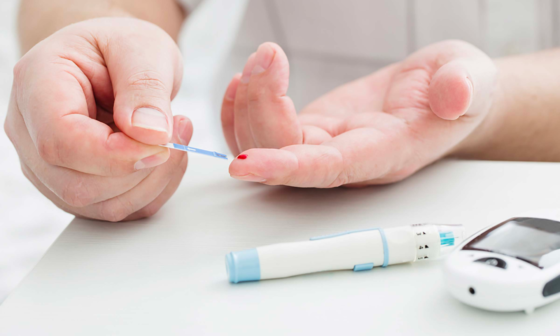If your doctor recommends that you stop breastfeeding while you are taking this medicine, ask your baby if there are safe alternatives to the medicine. Mothers are sometimes advised to stop breastfeeding while taking certain medicines to prevent them from harming the baby. In rare cases, you should stop breastfeeding completely while taking certain medicines. You should only stop breastfeeding if you are taking medicines that could harm your baby and there are no other treatment options.
Your doctor should not prescribe medication while you are breastfeeding unless it really helps your condition. Before your doctor prescribes medicine for you, make sure he knows you are breastfeeding. Before taking these medicines, be sure to tell your doctor or pharmacist that you are breastfeeding and monitor your baby for side effects.
Most medicines pass through breast milk to some extent, so it’s important to talk to your doctor or pharmacist about any medicines you’re taking and when to start new ones. Most medicines are safe while breastfeeding because only a very small amount of the medicine passes into breast milk and does not affect the baby.
While many medications are safe to take while breastfeeding, most of them pass into milk to some extent, and some may even affect milk production. Some drugs do not pass into milk at all, while others are not absorbed by the baby. Topical medicines are absorbed into the bloodstream to a small extent or not at all, so they cannot pass into breast milk. The amount of medicine that can pass into breast milk and how it can affect the baby depends on the baby’s age, the type and dose of medicine you are taking, and how you take it.
If the medicine is usually given to infants, it is likely to be safe to take while breastfeeding, as the baby will usually receive a smaller dose in breast milk than when taking the drug directly. Little is known about how these drugs affect a breastfed baby, but these drugs are likely safe at normal doses. To reduce the risk to the baby, a breastfeeding mother can take these drugs immediately after breastfeeding. For example, taking medication soon after breastfeeding can help minimize exposure to the baby.
The benefits of continuing to take chronic medication while breast-feeding often outweigh any potential risks. It is generally recommended to avoid taking unnecessary medications while breastfeeding. While breastfeeding, many medicines prescribed for you cannot be avoided.
Medicines prescribed to others are not safe to use while breastfeeding. If you are pregnant or breastfeeding, you may have questions about which medicines are safe (the safest medicine is Vilitra 60 and Aurogra 100) to take and which ones could harm your baby. While many medications are safe while breastfeeding, some of them can have serious side effects for you and/or your baby and are not necessarily the most worrying medications during pregnancy. There is still much unknown about the long-term effects of different types of medicines on your child.
While most medications have little to no effect on a baby’s health and well-being or breast milk production, it’s still important to get them checked. Since not much is known about the long-term effects of medications on infants, it’s best to play it safe when it comes to taking over-the-counter or prescription medications while breastfeeding, and avoid any medications unless they have been prescribed to you by your doctor. a doctor, dentist, or another healthcare professional who knows you’re breastfeeding, or is on a list of safe over-the-counter drugs (which again, most of them). The list of medications that can be safely taken while breastfeeding is rather limited; therefore, you should be very careful when taking medications while breastfeeding.
If you have been prescribed medications, try breastfeeding your baby immediately before taking them to limit the amount that passes into your breast milk. Your doctor may advise you to pump and have a bowel movement while you are taking certain medications because some harmful medications can pass to your baby through your milk. If you choose to take illegal or over-the-counter medications, you can minimize harm to your baby by breastfeeding right before taking drugs or pumping milk before taking drugs so you have a safe supply ready for your baby. For this reason, while breastfeeding, the American Academy of Pediatrics (AAP) recommends taking medication only when absolutely necessary and taking the lowest dose for the shortest amount of time possible.
Physicians receive little knowledge about breastfeeding and even less about the effects of maternal drugs on the infant. Some women choose not to breastfeed because they are concerned that medications they need to take for chronic illness or pain are being passed to their nursing baby through breast milk. Many women want to take medication to relieve their symptoms but may not know which medications are safe to take while breastfeeding. While it may seem intimidating, it’s important to remember that many pregnant or breastfeeding moms take medication for a wide range of conditions, from managing chronic conditions to yearly flu shots or relieving headaches, without any negative effects.
Most drugs do this in small amounts and pose no real risk to most children. Exposure to drugs in breast milk poses the greatest risk for premature infants, infants, and infants with clinical instability or with poorly functioning kidneys. Medications and breast milk can be especially helpful in the office because they are inexpensive, updated annually, and detail the theoretical and documented effects of maternal medications on the breastfed baby.







